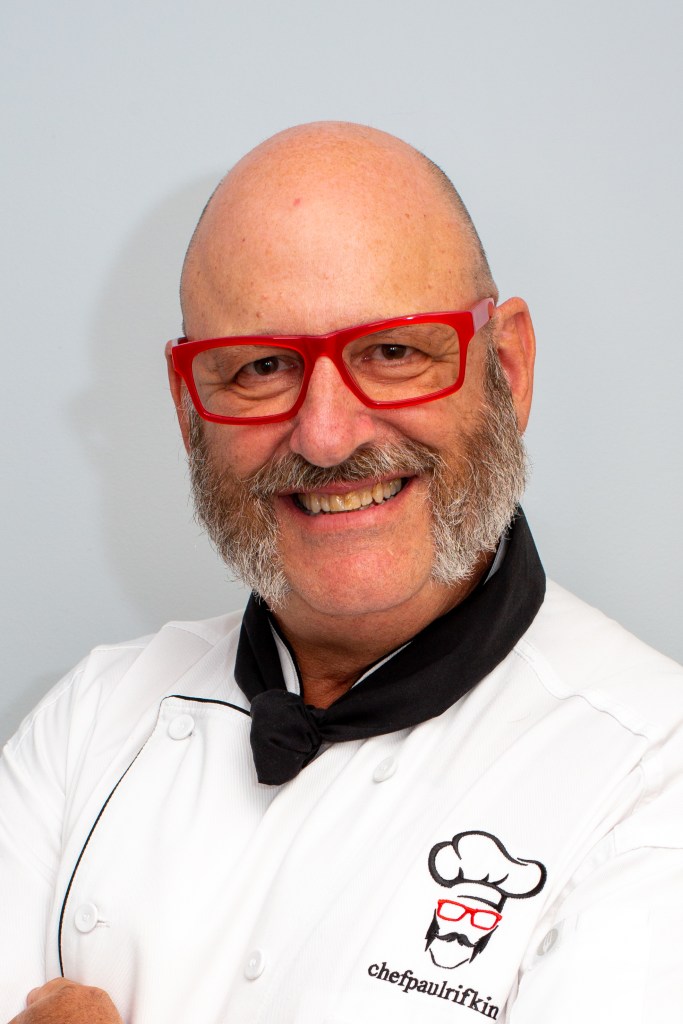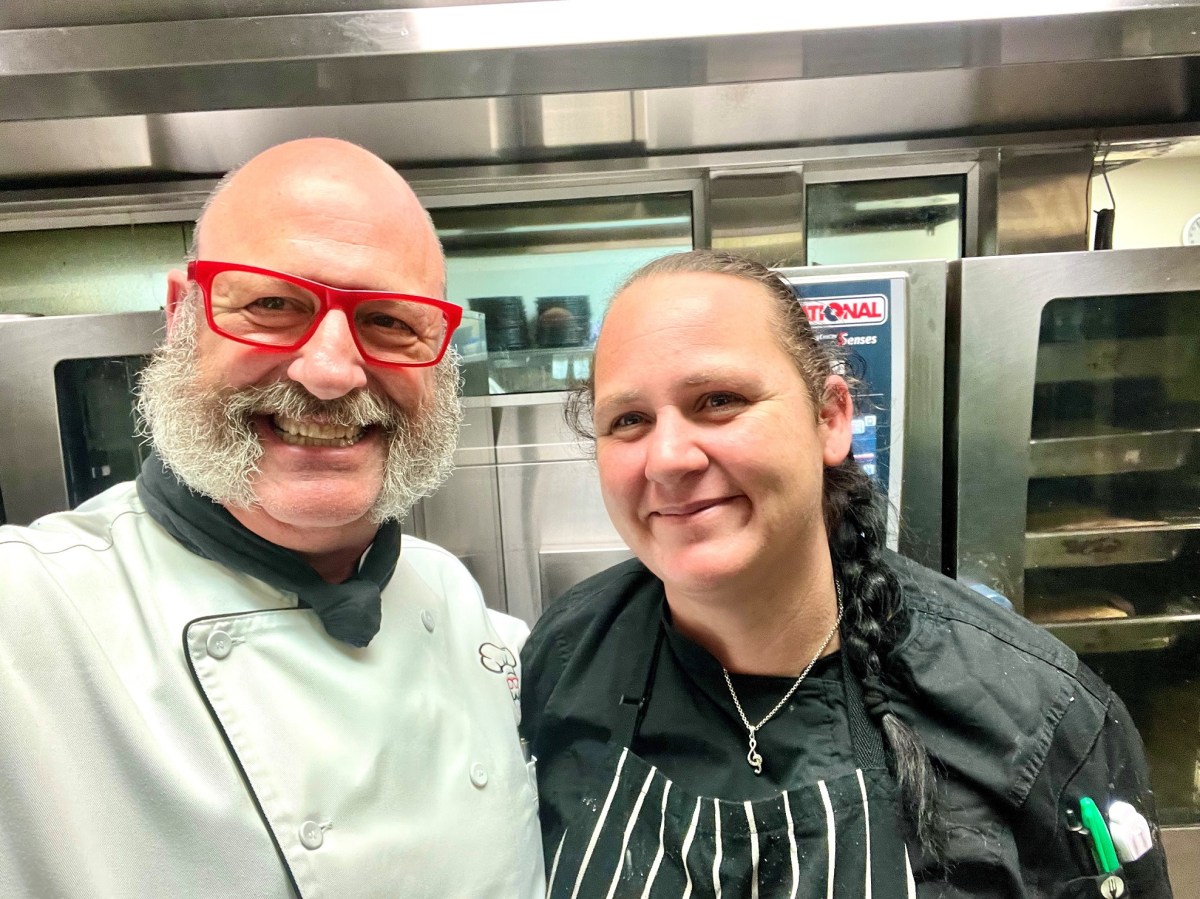My chef consulting takes me all over NSW, Queensland and Victoria, including both the big cities and regional centres. The common denominator in kitchens across the board is the lack of apprentices. Few employers and head chefs are willing to take on juniors as they can’t commit to the mentoring and training, while others struggle to get school leavers to be interested.
Speaking recently to some TAFE head teachers for Commercial Cookery, they alluded to the growing fact that young people who finish their HSC are simply not interested in becoming a chef anymore. Of more concern is that the vast majority who complete Certificate 1 and 2 at school do not enter the industry at all; in fact, they never intended to.
One trend I am seeing more often these days is the growing number of adult apprentices. Often I come across 50-60 year olds starting a new career.
Recently I had the pleasure of meeting Louise Stewart, a terrific young mother of seven children in Maryborough. Louise had just commenced her apprenticeship. She said she loved cooking and being in a fast-paced kitchen; she was so keen to finally have a career she was passionate about. I worked with Louise for three days and believe such calibre of commitment is what the industry is desperate for.
I also met a young 15-year-old who was driven to be a chef, she couldn’t wait to be signed up. Her ability in the kitchen was that of an experienced chef, she just “got it”.
Over the past 45 years of starting apprentices, my most successful ones were often those who started when they left school in year 10. They used their energy to their advantage in a busy kitchen environment. Sure there were challenges, but they often went the distance for decades afterwards.
I believe that careers advisers in schools must realise that what worked in the past was a good thing and should be resurrected again. The current model of getting everyone to finish their HSC is flawed and counterproductive to many trades, often resulting in young people going to university to study for jobs that don’t exist. They come away with a HECS debt and a bumpy career path.
Trades give young people a guaranteed career pathway to many variations, which may include higher education study at a later time.
Now is the time to review how you upskill existing kitchen staff and add importance to this critical shortage. Consider exploring the positives of a SBAT (School-Based Apprenticeship) where they balance study and work in your kitchen, a brilliant pathway with great results.
Without the commitment of employers to attract and train apprentice chefs, the industry will continue to remain screaming out for chefs.

Paul Rifkin: Head Chef Mentoring and
Fine-Tuning Specialist for Club Catering
chefpaulrifkin consulting

